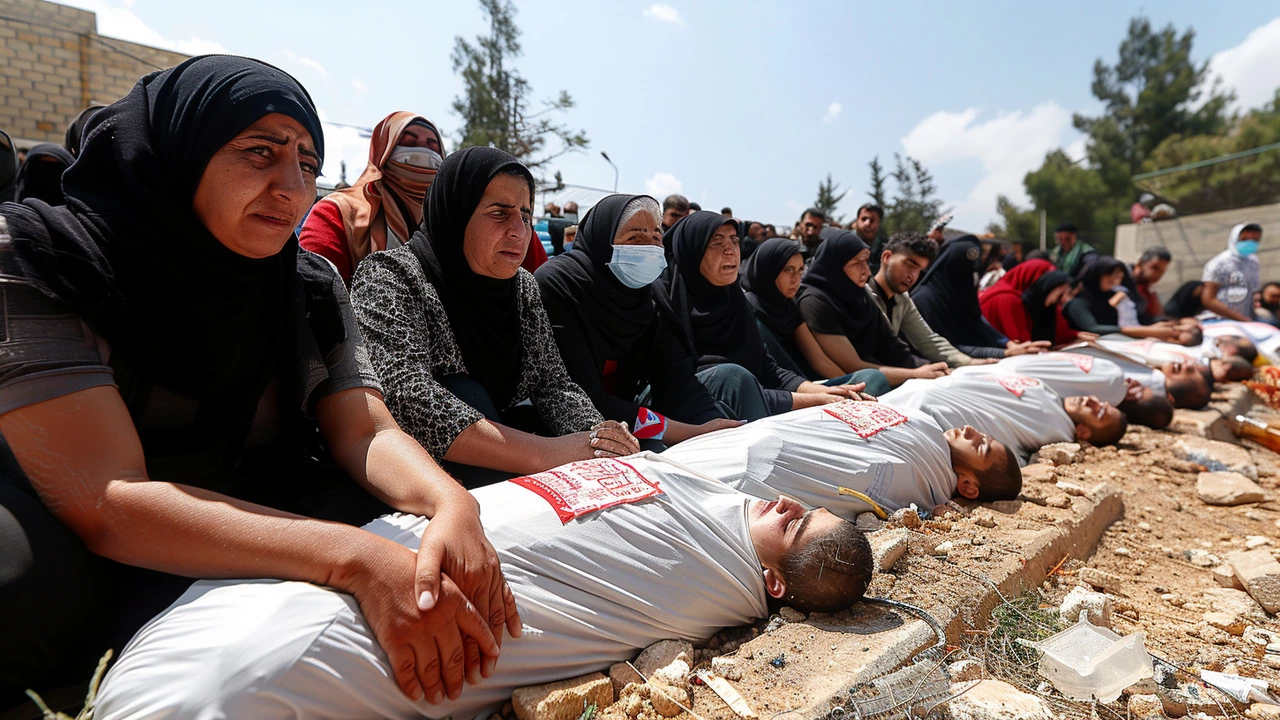Ceasefire in Sports: Keeping Hockey Safe and Fun
When the word “ceasefire” pops up, most people picture war zones. But the same idea works on the ice too. A break in aggression lets players focus on skill, fans stay relaxed, and the game stays entertaining.
In hockey, tempers flare fast. A hard hit, a missed call, or a cheap shot can spark a line brawl in seconds. That’s why leagues, teams, and even local clubs put rules in place to act like a ceasefire button. The goal is simple: stop the fight before it spreads, protect everybody, and bring the focus back to the play.
How Leagues Enforce a Ceasefire
Every professional league has clear penalties for fighting. Referees can call a penalty, give a misconduct, or even eject a player. Those consequences act as a deterrent, making players think twice before starting a scrap. On top of that, the NHL runs a “zero tolerance” policy for dangerous hits, which means a player can lose a game or more for stepping over the line.
Beyond strict penalties, many teams hold regular meetings about sportsmanship. Coaches remind players that a clean game improves their stats and keeps fans coming back. When the team culture values respect, the need for a formal ceasefire drops because players already know the unwritten rules.
What Fans Can Do to Support a Peaceful Game
Fans are a big part of the atmosphere, and their behavior can either fuel a flare‑up or calm it down. Simple actions like cheering good plays, avoiding negative chants, and staying respectful when the referees make a call go a long way. Some arenas even have “fan conduct” codes posted at the entrances – think of them as a fan‑level ceasefire agreement.
If you see a heated moment building, a quick word of encouragement to the players can shift the vibe. “Nice move!” or “Great hustle!” reminds everyone why they’re there – to enjoy the sport, not to argue. And if a player does get out of line, calling out the behavior politely (instead of shouting) keeps the focus on fixing the issue rather than escalating it.
At the community level, youth leagues teach the ceasefire concept early. Coaches use drills that reward teamwork over aggression, and they set up “peace points” for players who show good sportsmanship. Those habits stick as kids grow into adult leagues, creating a ripple effect of calmer competition.
Bottom line: a ceasefire isn’t just a rule; it’s a mindset that benefits everyone on and off the rink. By supporting clear penalties, encouraging respectful fan behavior, and teaching young players the value of peace, hockey stays the fast‑paced, exciting sport we love without the unnecessary bruises.

Israel's Ongoing Bombardment of Rafah Raises Global Calls for Ceasefire After Tragic Attack on Displaced Persons Camp
Israel's continuing artillery attacks across Rafah have caused multiple fatalities and injuries, following a devastating bombing of a displaced person's camp that killed 45 people, mainly women and children. The event has drawn international condemnation, urging an immediate ceasefire and the end of Israel's military operations in Gaza.
Read More